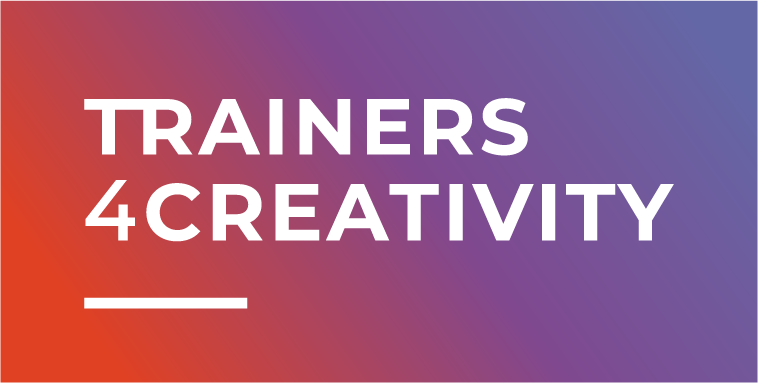Educational Robotics a new approach to technologies
Notice: Trying to access array offset on value of type bool in /var/www/vhosts/trainers4creativity.eu/httpdocs/wp-content/plugins/elementor/includes/base/widget-base.php on line 224
Notice: Undefined offset: -1 in /var/www/vhosts/trainers4creativity.eu/httpdocs/wp-content/plugins/elementor/includes/base/controls-stack.php on line 696
Synopsis
Robotica Educativa is an association specialized on the development and use of learning environments based on robotic technologies meant for didactic / educational purposes. It was born in 2017 at the Biblioteca Primo Levi di Saint-Vincent in Aosta from the initiative of small team of individuals sharing a passion for Robotics.
2 formats have been organized by Robotica Educativa: “The Week of Robotics” and “Robotic Days”. The week of robotics is held over five days of four hours each. Specific educational paths are deciced with the teachers. Most activities are focused on LEGO kits but it may also include “tinkering”, an activity with which electrical circuits, small robots, mechanical toys with recycled materials are built. Robotics days, on the other hand, last six hours and take place in a single day. The activities are there calibrated for the type of audience involved, focused on understanding the functions performed by the components of the robotic kits, on problem solving and on group work.
Target Audience
Kids from 3-13 years old .
Goals
– Facilitates the learning of STEM subjects (Science, Technology, Engineering, Mathematics)
– Develop critical thinking and a new approach to today’s world
– Stimulates the logic and development of computational thinking, that is a useful training and method for facing and dealing with new situations youngsters encounter.
Skills developed
– Manual crafts skills
– Group work
– Basic Programming skills
– Lateral thinking
– Hypothesize solutions involving multiple stages
– Collaborate with other colleagues
– Understand the importance of a description and clear communication
3-5 years
- Robot charm on children
- First introduction to the scientific world through a fun approach
- Already at this age it is possible:
- Classify, represent some flat and solid geometric shapes fundamental
- Develop logic
- Plan routes, free or obligatory
- Lateralize – abstraction
- Manage linear and action-reaction algorithms
- Consolidate collaboration and teamwork skills
6-10 years
Additional activities that can be carried out:
- Understand the functions that the components of the robotic kits perform in the realization of the supporting structures, of the mechanics of the movement
- Know the characteristics of the sensors
- Learn the disciplinary, conceptual and operational links between mechanics, physics,informatics
- Knowing how to organize the data of a problem to be solved using diagrams or graphs and translate algorithms with programming languages
- Knowing how to identify hardware and software problems in case of non-functioning correct a robot (problem solving strategies)
- Ability to collaborate and work in a team
11+ years
In addition to the “transversal” motivations illustrated so far, educational robotics:
- Supports STEM subjects: computer science, mathematics, technology, science…
- Improve results in scientific disciplines
- Highly motivating activities -> school dropout prevention
- Teaches how to organize problem data
- Develop critical thinking and mental resilience
- Inclusive discipline (social, gender, cognitive needs ..)
- “Professional” robots, inspired by real applications: line followers, interactive robots and industrial robots
Why is it a good practice in the creative area?
Robotica Educativa combines construction, programming and experimentation in a playful context which facilitate the “learning by doing” approach to develop imagination, creativity and learning. The students can also learn some hard skills in science topics and coding, which can help them during their studies, spark some new interests and even eventually inspire some career paths. Furthermore, the project promotes active inclusion of minors having school difficulties, as all the activities allow universal access to the proposed activities and no previous skills or technical knowledge are in fact required.
Training Team
1 expert overseeing a group of 9-12 students (splitted in groups of 3 or 4).
Duration proposed
Robotic Day: 6 hours with 3 breaks (4 x 1h30 sessions)
Robotic Week: 4 hours/day with 1 break for 5 days (10 x 2h sessions)
Promoting Organization
- Roboticaeducativa vda
- Library “Primo Levi” di Saint-Vincent
Starting Year
2017


